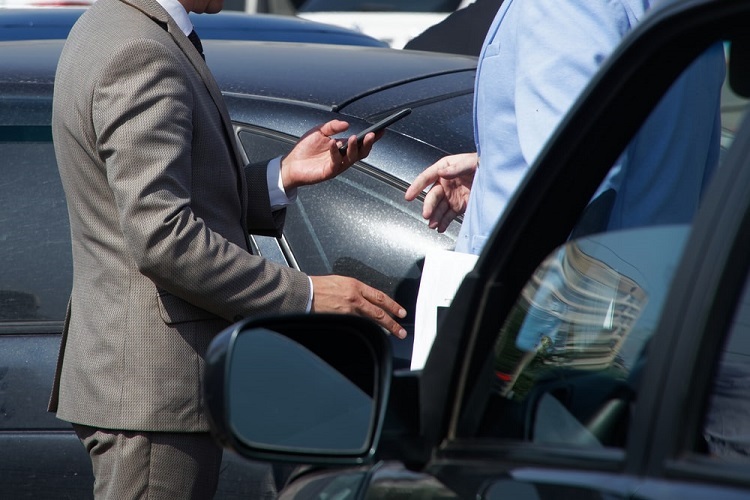It’s the second that counts. An invoice issued on April 4 for a delivery made on March 15 must contain these two dates to be regular and give you the right to recover the related VAT. A recent court ruling again admitted that this was a justified requirement of the VAT administration.
If the date of delivery or provision of services is the same as the date of the invoice, it is sufficient to indicate this single date.
Also for your bills?
Yes. As an entrepreneur, you must indicate on your invoice not only what exactly you did, but also when you did it. In fact, it is the moment of the completion of the work which determines when the VAT is “due”, in other words in which VAT declaration must appear the VAT due.
The importance of these two dates? They make it possible to check whether the invoice was drawn up on time and whether the VAT was paid on time. In principle, an invoice must in fact be established no later than the fifth working day of the following month. A delivery made in March 2012 must therefore be invoiced no later than April 6, 2012 and already appear in the VAT return for the month of March or that of the first quarter.
It is therefore indeed the date on which the delivery of goods is made or the provision of services is perfect that determines when the related invoice must appear in the VAT return, not the date on which the invoice was established. Use the business calculator in this case.
So do you also recover the VAT faster?
Effectively. An invoice from the beginning of April for a delivery in March, you can already include it in the VAT return to be filed by April 20 at the latest. You therefore do not have to wait for the April or second quarter return to recover the related VAT.
Companies, as an employer, are required to reimburse their employees for their professional expenses. If these expenses are justified and necessary for its proper functioning, the company has the possibility of recovering the VAT. However, this is not automatic and only concerns certain types of expenditure.
First and foremost, for the employer to be able to recover the VAT on the expenses incurred by his employees, these expenses must indeed be expense reports. Indeed, all costs incurred by employees are not necessarily the responsibility of the company. Certain rules and constraints exist.
To recover VAT on expense reports: certain conditions must be met
All expenses incurred by employees and recognized as expense reports are not subject to VAT recovery. You must first check that the expenses in question meet certain conditions:
- Check that these expenses are in your best interest and necessary for the activity of your business
- They must be accompanied by supporting documents (invoices, tickets, receipts) indicating in particular the amount of VAT paid
- This proof must be in the name of the company, and not that of the employee concerned
The VAT is due in the society in which the invoice was generated. Finally, it is important to keep in mind that not all categories of expenditure are eligible for VAT recovery.









